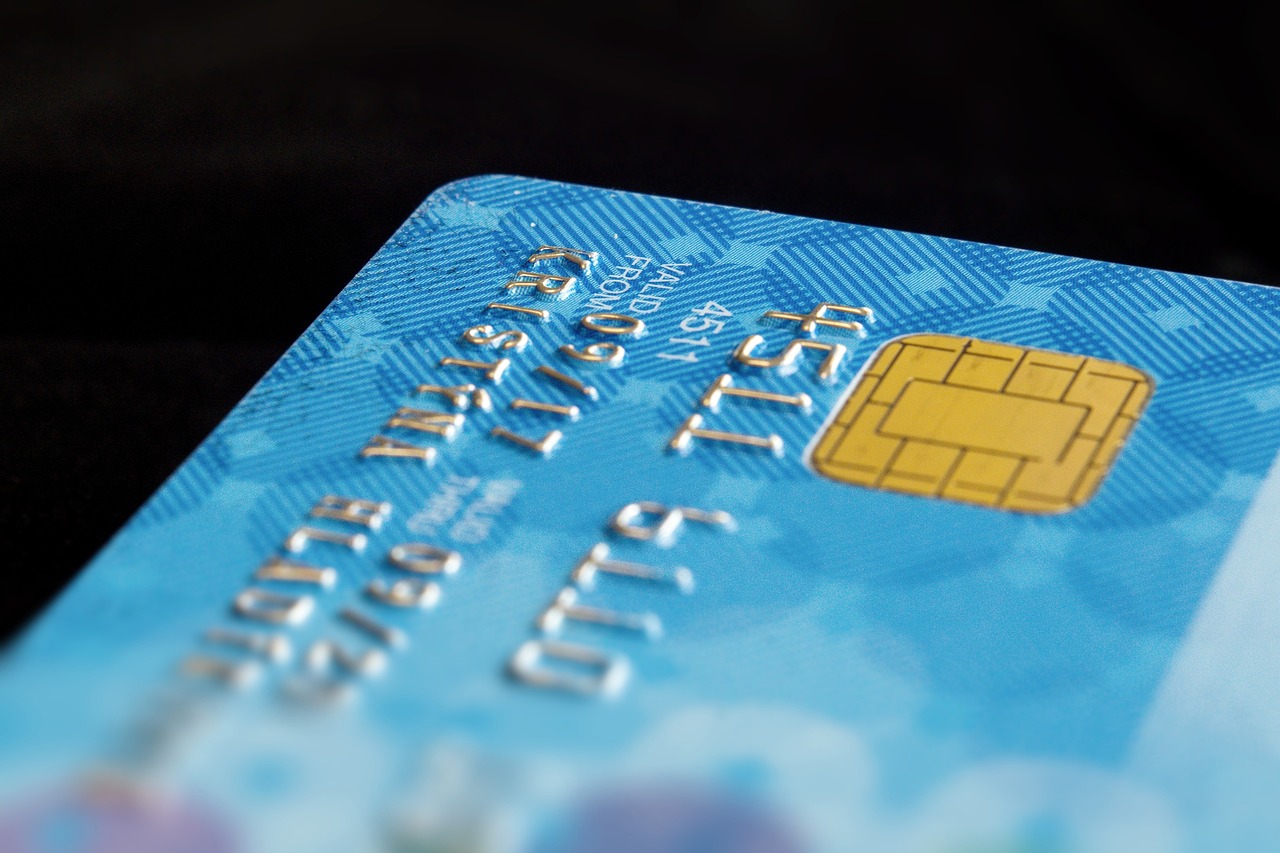Applying for a Mortgage? How to Prepare Your Credit

Preparing to purchase a home can be an exciting process. However, in the midst of determining the right price range, square footage, and school district, it is important to remember that your credit is going to need some special attention during this time, as well.
The condition of your three credit reports and scores is not only going to impact whether or not you are able to qualify for a mortgage but also your interest rate and monthly payment. In general, the better your credit, the better your interest rate. In fact, the difference between poor credit scores (620-639) and excellent credit scores (760+) could mean a savings of hundreds of dollars every month and tens of thousands of dollars over the life of your mortgage.
It is in your financial best interest to make sure your credit is in the best shape possible before you apply for a mortgage. Here are three expert tips to help you get started.
Review All 3 Credit Reports

In truth, you should already be keeping a close eye on your three credit reports. But, there probably is never a more important time to monitor your credit than prior to a new mortgage application. As part of your mortgage application review process, your lender is going to check all 3 of your credit reports from Equifax, TransUnion, and Experian. Credit mistakes on any report could potentially cost you a lot of money or might prevent you from qualifying at all.
Thankfully, if you do discover errors on your credit reports, you have the right to dispute them and demand an investigation. If the disputed account(s) cannot be verified as accurate (or if a data furnisher ignores your dispute), the account(s) must be removed from your credit reports according to a federal law called the Fair Credit Reporting Act.
Attack Credit Card Balances, NOW!

The most actionable way to improve your credit scores is to pay down your credit card balances. 30% of the points in your FICO credit scores (the brand of the credit score used most commonly by mortgage lenders) are based on your debt, and a large portion of that 30% is based on your revolving utilization ratio. The revolving utilization ratio is the relationship between your credit card limits and your account balances as they appear on your credit reports.
You can typically reduce your revolving utilization ratio by paying down credit card balances and waiting until the next time your card issuer updates your account information with the credit bureaus, which is usually once per month to coincide with your statement cycle. If you pay down a sizable portion of your credit card balances and can reduce your revolving utilization ratio on your credit reports, as a result, it’s almost a guarantee that your scores are going to improve.
Avoid New Applications and New Debt

Knowing what not to do is nearly as important as knowing what you should be doing when it comes to preparing your credit for a mortgage. Applying for too much new credit before a mortgage application is typically a bad idea. (Exception: If you do not have enough current credit or if you are trying to rebuild your credit, a select few new accounts might be beneficial.)
New credit applications can increase the number of hard inquiries on your credit reports. A factor which has the potential to harm credit scores albeit only slightly. Therefore hard inquiries should be especially avoided whenever you are getting ready to purchase a home.
Additionally, you should even avoid adding new debt to existing accounts as well. An increase in indebtedness might harm your credit scores and could also result in a lower loan approval amount if your debt-to-income ratio is affected.








